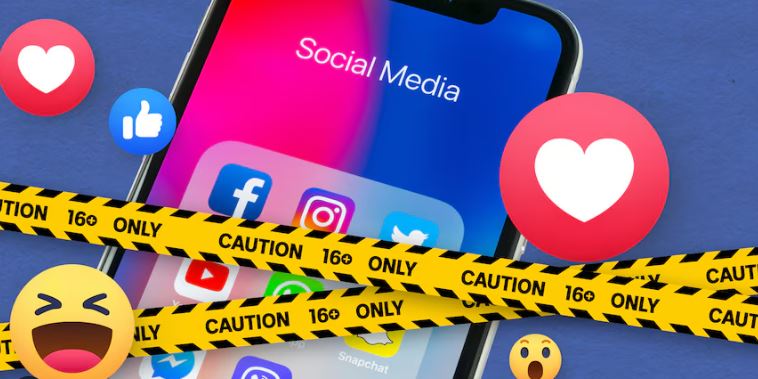Melbourne: Nearly half of Australian boys are exposed to pornography by age 13, with many girls by 15. Lisa, a mother of an 11-year-old, was shocked when her son encountered explicit content online. Like many parents, she hadn’t expected this conversation so early as per research by Body Safety Australia. Photo Credits: ShutterStock
The Digital Danger
Research shows that today’s pornography is often violent and degrading, reinforcing harmful gender stereotypes. "Children’s curiosity about sex isn’t new, but the content they’re exposed to is," warns Maree Crabbe of It’s Time We Talked, a violence prevention initiative.
Impact on Young Minds
Exposure to porn can distort young people’s views on relationships, fuelling aggression and harmful gender dynamics. Parents worry that it becomes their children's primary sex education. Crabbe urges early intervention to help children critically evaluate media portrayals of sex and bodies.
Parent Strategies: Start the Conversation
Experts agree parents must address the issue directly. Technology limits, browser filters, and clear device rules can reduce exposure, but early conversations are essential. Deanne Carson, CEO of Body Safety Australia, advises explaining that some internet content isn’t for children and encourages open dialogue if kids encounter something upsetting.
Building Trust
Lisa used her son’s exposure to discuss healthy relationships, teaching that real connections are about respect and balance, unlike what porn often shows. Parents should speak about consent, equality, and mutual respect without judgment. Don’t wait for a crisis—start these critical conversations early, with openness and understanding.
Australia’s Bold Move: Social Media Age Limits to Protect Kids
Australia is set to introduce legislation that could restrict social media access for users under 16, targeting platforms like TikTok, Facebook, and Instagram. Prime Minister Anthony Albanese announced the proposal, citing the need to combat the negative effects of excessive social media use on young people's mental health. He stressed the importance of getting kids off screens and into physical activities, calling social media a “scourge.”

The legislation, expected later this year, would establish a minimum age limit, likely between 14 and 16. However, experts like Toby Murray from the University of Melbourne warn that enforcing age verification may pose challenges, with existing methods being easy to bypass or raising privacy concerns.
The proposal has bipartisan support, with opposition leader Peter Dutton emphasizing the urgency of protecting children online. While some parents back the plan, others, like a father whose daughter faced a disturbing Snapchat encounter, argue that education on online dangers may be more effective than restrictions.
Academics like Professor Selena Bartlett call for broader action, advocating for stricter age limits and pointing to studies showing children as young as five encountering harmful content. Dr. Riley Scott agrees that social media is part of a larger digital safety issue, urging comprehensive solutions.